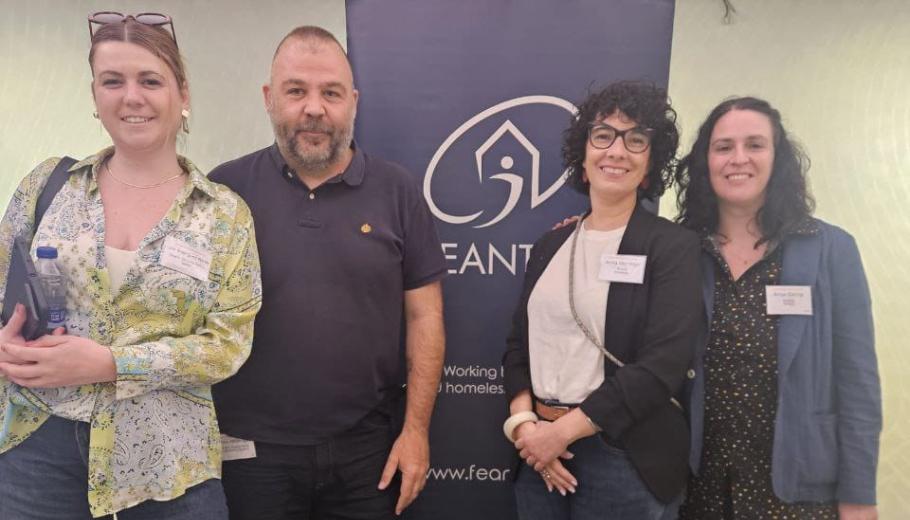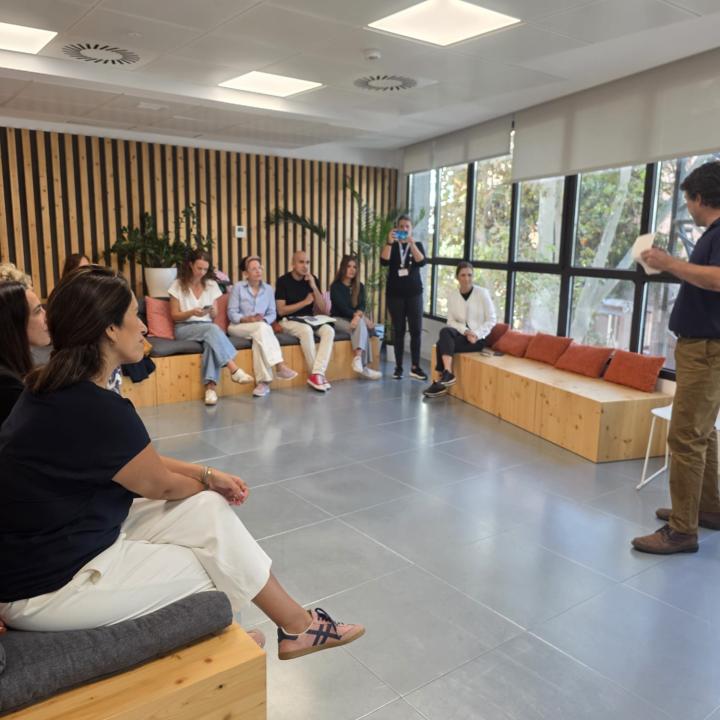Suara Cooperativa participates in the General Assembly of (FEANTSA) where the emphasis was placed on the increase in far-right discourse and on how to create a count that allows data to be extracted at a European level.
One of the main concerns of organizations working with people experiencing homelessness is the increase in hate speech and aporophobia. This was confirmed at the last General Assembly of the European Federation of National Organizations Working with Homeless People (FEANTSA).
In this context, one of the lines of work that FEANTSA has launched, of which Suara Cooperativa is one of the member entities, is how to confront these discourses to stop attacks on migrants, people with mental health problems and at risk of social exclusion.
On the other hand, the General Assembly also put on the table the need to be able to carry out a count of people in a situation of homelessness that allows data to be extracted on a European scale. Last year, a pilot test was carried out in about fifteen cities, the results of which were presented at this FEANTSA General Assembly. This is where the difficulty of extracting unified data was seen.
Currently, explains Anna Garcia, homelessness expert at Suara Cooperativa, each city has its own counting model and, therefore, it is complex to have real and unified data from the Spanish state and Europe.
Therefore, one of the challenges is to be able to see what data is common in each country in order to be able to unify criteria and map the real situation of homelessness at a European level without leaving aside the particularities of each State, assures Garcia. For this reason, for 2026, a second test is planned, in which Barcelona will participate, among others.
FEANTSA is affiliated with around a hundred entities from 30 different countries, which met on 13 and 14 May this year in Athens. This Assembly approved the general accounts of the federation and served to share experiences with other countries.
Visit to projects
In addition, within the framework of FEANTSA, the entities were able to learn about several projects that are being carried out at a European level. In the case of Athens, for example, one of the main challenges is the real estate stock for people who have been displaced as a result of the wars.
In this context, the entities were able to visit different projects of local entities that are working to offer a housing solution to people living in a situation of homelessness in the Greek capital.
In addition, they were also able to learn about pioneering experiences such as that of Ithaca-Mobile Laundry Unit, which is a mobile laundry that offers hygiene services to people in a situation of homelessness, clean clothes, psychosocial support and job counseling, as well as job opportunities, since the people who work there are from this group or other vulnerable groups.



